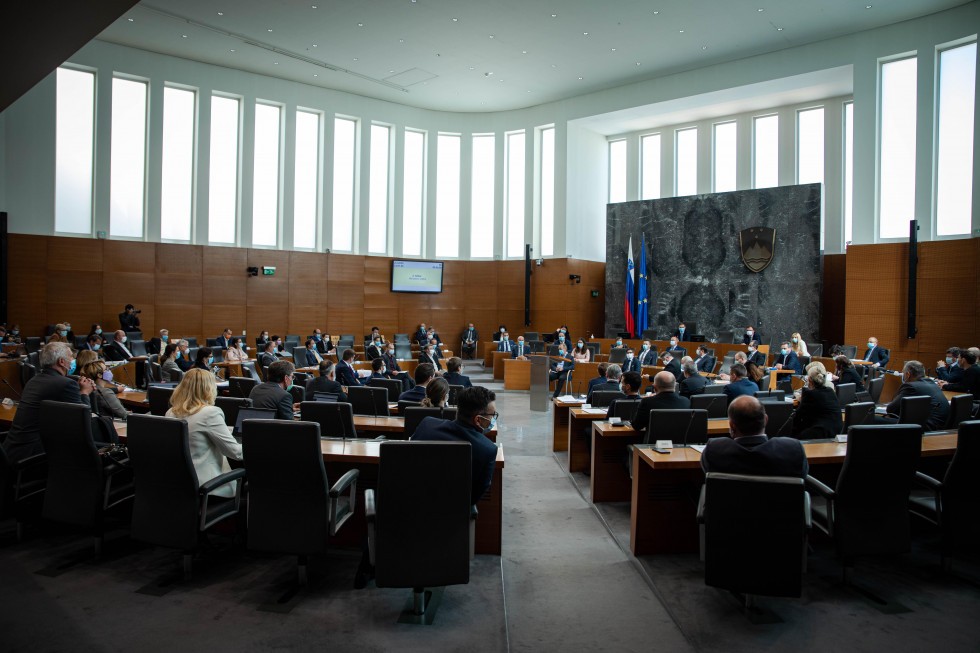Parliament passes EUR 3 billion stimulus package
The bulk of the measures was also welcomed by the opposition, whose criticism about groups that remain neglected was met with assurances a new set of measures was already in the making.
The coronavirus umbrella law brings financial assistance for companies and workers affected by the epidemic as well as for the self-employed, pensioners, students, large families and welfare recipients.
Key measures assisting companies include full state coverage of the 80% pay compensation for temporary redundant workers and for two months of the social contribution costs for those who remain employed. Financial and insurance companies are excluded from both measures.
Companies will moreover be relieved of corporate income tax for the duration of law and will be able to defer loan payments by 12 months, while the state will also chip in with loan guarantees.
Some of the assistance to companies is an upgrade of measures adopted in the first days of the epidemic, while the scheme has been expanded vastly to address the woes of the self-employed and vulnerable groups.
The law provides a two-monthly temporary basic income of EUR 350 and 700 for the former - the category also includes religious workers and farmers - and allowances for the later. Students will for instance get EUR 150 and pensioners with pensions of under EUR 700 between 130 and 300 euro. An extra EUR 150 will also be secured once to welfare recipients.
Moreover, pay bonuses of up to EUR 200 - partly financed by the state via contribution payment exemptions - are envisaged for workers in the private sector who are disproportionately exposed and are working overtime during the epidemic, while a 30% pay cut awaits holders of public office. On the other hand, bonuses of 10-100% of basic hourly pay are envisaged for those working harder in the public sector.
To the dismay of most opposition parties, the umbrella law also features an expansion of police powers, albeit without initial provisions that also included the option for police to track people in quarantine without a court warrant, create photo robots and enter apartments.
The new powers approved allow police to issue fines for violations of lockdown rules, to erect road blocks, temporary limit people's freedom of movement and access sensitive personal data.
Reflecting on the measures adopted, Prime Minister Janez Janša told MPs during the plenary debate that "you're watching the first part of a series".
The government is trying to provide a financial cushion to enable Slovenia to preserve its potential in people, economy, culture and science for after the epidemic.


